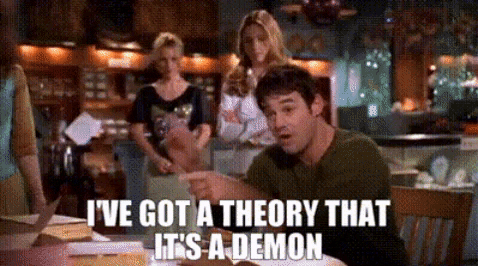
"My family lived to be outdoors, especially Granny, who got cross if she didn’t breathe at least an hour of fresh air each day. What we did outdoors, however, what we said, wore, ate, I can’t conjure. There’s some reporting that we journeyed by the royal yacht from the Isle of Wight to the castle, the yacht’s final voyage. Sounds lovely.
What I do retain, in crisp detail, is the physical setting. The dense woods. The deer-nibbled hill. The River Dee snaking down through the Highlands. Lochnagar soaring overhead, eternally snow-spattered. Landscape, geography, architecture, that’s how my memory rolls. Dates? Sorry, I’ll need to look them up. Dialogue? I’ll try my best, but make no verbatim claims, especially when it comes to the nineties. But ask me about any space I’ve occupied—castle, cockpit, classroom, stateroom, bedroom, palace, garden, pub—and I’ll re-create it down to the carpet tacks.
Why should my memory organize experience like this? Is it genetics? Trauma? Some Frankenstein-esque combination of the two? Is it my inner soldier, assessing every space as potential battlefield? Is it my innate homebody nature, rebelling against a forced nomadic existence? Is it some base apprehension that the world is essentially a maze, and you should never be caught in a maze without a map?
Whatever the cause, my memory is My Memory, it does What it Does, gathers and curates as it sees fit, and there’s just as much truth in what I remember and how I remember it as there is in so-called objective facts. Things like chronology and cause-and-effect are often just fables we tell ourselves about the past. The past is never dead. It’s not even past. When I discovered that quotation not long ago on BrainyQuote.com, I was thunderstruck. I thought, Who the fook is Faulkner?
And how’s he related to Us-Windsors?"
No comments:
Post a Comment